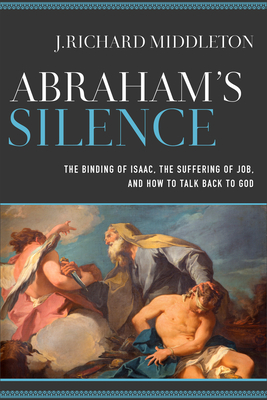What do you think?
Rate this book


272 pages, Paperback
Published November 16, 2021
It is all too common in many churches around the world for believers to have absorbed the view that they must accept calamities as the will of God, and many think they must suffer in silence or even affirm God's role in calamities. But this stance of absolute submission to the divine, exemplified by Abraham in Genesis 22, is not typical of biblical faith.
In contrast to the posture of unquestioning submission to God that informs spirituality in many faith traditions, the Hebrew Bible / Old Testament (and even the New Testament) assumes a stance of honesty toward God in prayer as normative; and such honesty often borders on vigorous protest.
Through my own experience of lament prayer, I have learned the importance of not being silent, precisely as a way of keeping faith with God in times of difficulty.